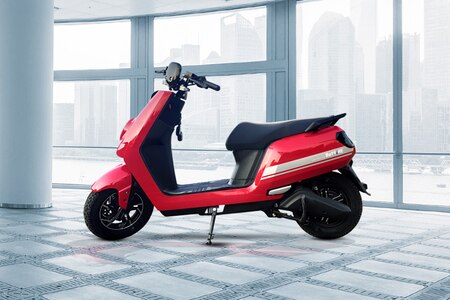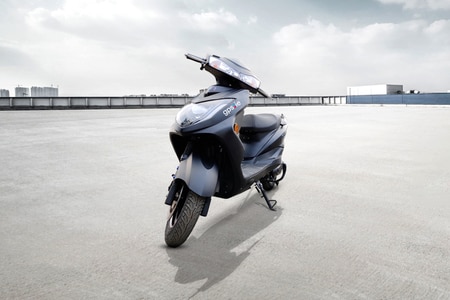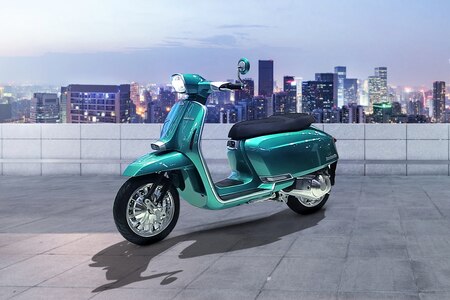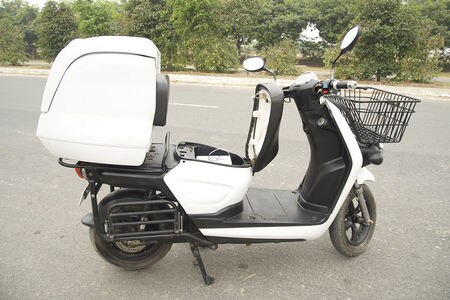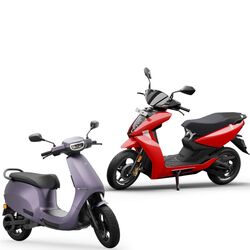Are EVs truly sustainable? Only if we cross these hurdles
- Electric vehicles run on electricity, which is majorly generated by coal burning, eventually minimizing the benefit of zero tailpipe emission.


Electric vehicles are increasingly finding stronger footprints across the world amidst several factors such as rising costs of petrol and diesel, lower operational costs for EVs, significantly lower maintenance costs, tightening emission norms, and growing awareness about vehicular emission impact on the environment.
Also Read : Petrol and diesel prices hiked 11th time in 13 days. Know rates in your city
India too is aiming to shift towards electric mobility from conventional internal combustion engine-powered mobility driven by fossil fuels like petrol and diesel. Union Minister for Road, Transport and Highways Nitin Gadkari in October 2021 said that the Indian government aims EV sales penetration for private cars to reach 30 per cent by 2030.
Also check these Vehicles
Gadkari also said that if EV penetration reaches 40 per cent in two and four-wheeler segments and nearly 100 per cent for buses by 2030, India could reduce its crude oil consumption by around 156 million tonnes worth ₹3.5 lakh crores. India currently imports 85 per cent of its total fuel requirement from overseas. Shifting to electric mobility would help the country to save a huge sum of foreign money. Besides that, this strategy would also help the country with significantly reduced vehicular emissions.
No wonder, electric vehicles are more beneficial compared to their ICE counterparts at a quick glance, but a deep dive into the issue raises the question - are EVs really sustainable?
Going beyond the surface of the issue, it becomes clear that the EV industry is not all as carbon neutral as it is projected. The issues such as the source of electricity generation for these electric vehicles, extraction of rare earth minerals for the construction of batteries, reusing and recycling them should be addressed to make make the electric vehicles truly carbon neutral and sustainable.
Here are four hurdles that we should focus to make Evs truly sustainable.
Source of electricity
India is majorly reliant on thermal power for its electricity. Thermal power is generated by burning coal, oil, liquid natural gas and other substances to rotate generators. Burning these substances creates a huge amount of environmental pollution, which blunts the benefits of electrification of the transport sector with its high carbon intensity.
Coal accounts for more than 70 per cent of India's electricity output. Increased demands for EVs mean higher demand for electricity, resulting in more coal burning, which could add more pollution to the environment, thus defeating the purpose of EVs. Hence, the focus should be on sustainable renewable energy sources, instead of conventional energy.
Recycling EV batteries
Recycling EV batteries is another hurdle in the way to making electric vehicles truly sustainable. The lithium-ion batteries come with human and environmental costs. Extracting raw materials like lithium and cobalt requires large quantities of energy and water. There have been issues of child labour in cobalt mines.
With these concerns, recycling lithium-ion EV batteries is a method to reduce their environmental impact. Currently, a very minuscule amount of lithium-ion batteries in India are recycled, Which should be increased substantially.
Public transport over personal vehicles
In 2021, India registered nearly 329,190 electric vehicles, recording a 169 per cent growth than 2020 sales of EVs, when the country registered 122,607 units. two-wheelers and three-wheelers made up 90 per cent of the total EV sales last year. Shift to electric mobility is a promising scenario for automobile manufacturers who are focusing on electric vehicles.
However, the best way forward for e-mobility could be to focus on electric public transportation than personal electric vehicles. The increasing number of personal vehicles, even with Evs could result in congestion, which would be reduced if the focus is on public transportation.
Alternative battery technology
Electric vehicles' battery segment is dominated by lithium-ion cells, which have a deep environmental impact. However, sodium-ion batteries could be a viable solution with minimized environmental impact. Alternative cell chemistry like sodium-ion batteries could come up to 40 per cent cheaper than their lithium-ion counterparts. Other advantages include easier availability, significantly lower charging time and lower impact on the environment.








 3.1 kWh
3.1 kWh 60 km
60 km